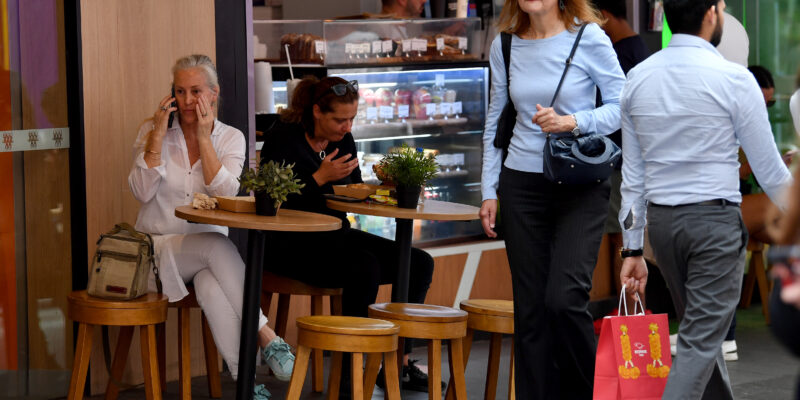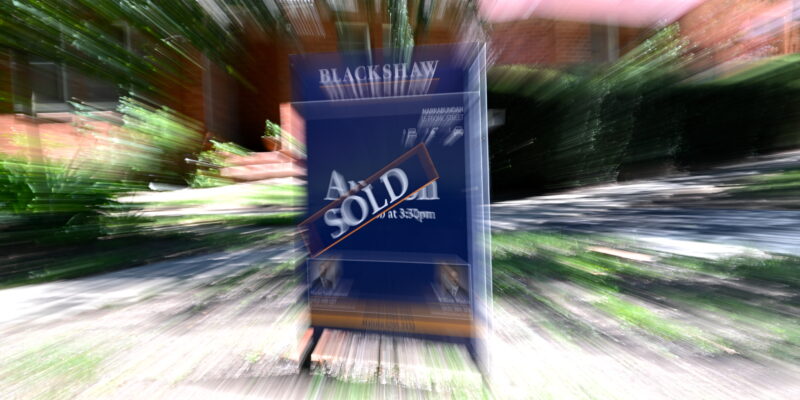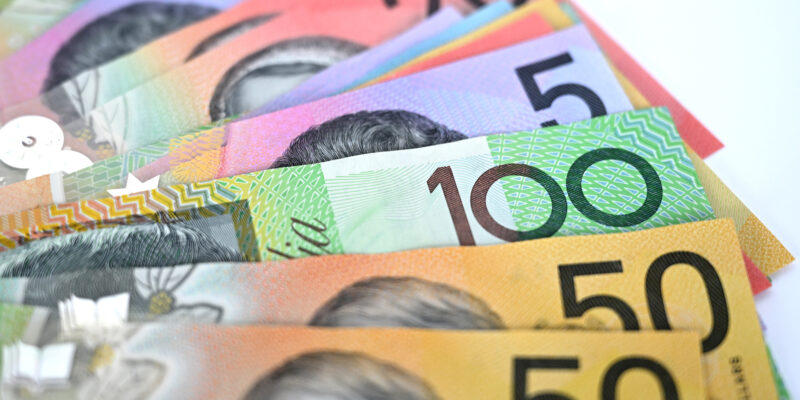The Trump Effect: how the US is rattling Australia’s cage
It’s been a rough few months for business decision-makers, with the threat from wars, global tensions and the uncertainties posed by Donald Trump’s abrupt announcements on trade, defence, aid, the environment, education and health. But some say uncertainty might not be a bad thing, especially for Australian property.

IT’S tempting to dismiss the chaotic rollout of President Donald Trump’s economic agenda as just plain nuttiness. But there is perhaps method to the madness.
US Treasury secretary Scott Bessent has described it as Trump’s “strategic uncertainty” or a deliberate negotiating tool.
“As we start moving forward announcing deals, then there will be certainty,” Bessent said back in April. “But certainty is not necessarily a good thing in negotiating.”
Maybe. Even now, more than six months into Trump’s second term, many Australians remain apprehensive.
“There are a lot of people who have fears of what Donald Trump is about,” says Dr Keith Suter, managing director of think tank Global Directions.
“That might make people more nervous about spending, because they don’t know what Trump’s got around the corner.”
Eliza Owen, Head of Research Australia at Cotality, agrees. “The biggest impact we’ve seen from Trump tariff uncertainty so far is to consumer sentiment,” she says.
“When consumer sentiment is low and uncertainty high, that’s generally not good for real estate sales or investment generally.”
Trump’s tariffs could also drive inflation in the US, leading to higher official interest rates there.
“If Trump reintroduces aggressive tariff policies, that could stoke inflation in the US by raising the cost of imported goods,” says Michael Yardney, founder of Metropole Property Strategists.
“In response, the US Federal Reserve might keep interest rates higher for longer, which could put upward pressure on global bond yields, including in Australia.”
There is also the spectre of a trade war between the US and China. ““My big worry is Trump triggering a global recession,” says Dr Suter.
Michael Yardney feels if either the US or China falters, Australia could see reduced export demand and weaker business confidence.
“That said, history shows that Australia is surprisingly resilient,” he says. “We avoided a recession during the GFC while the US and Europe stumbled.”
Experts agree global uncertainty often has a positive effect on property, with bricks and mortar seen as a safer alternative to stocks.
“Historically, investors have turned to real estate as a store of value when equity markets get rattled,” says Yardney.
Dr Suter agrees, saying more foreign investors could be attracted Down Under. “We’re obviously a safe, politically stable area.”
Eliza Owen also concurs. “We could see people revert more to Australia’s residential market because it’s perceived as a good growth asset,” she says.
“It’s delivered strong returns over time, within a country that has more political stability and rule of law.”
“And so that might be attractive for foreign investors who want to buy into something as safe as houses in an uncertain era.”






